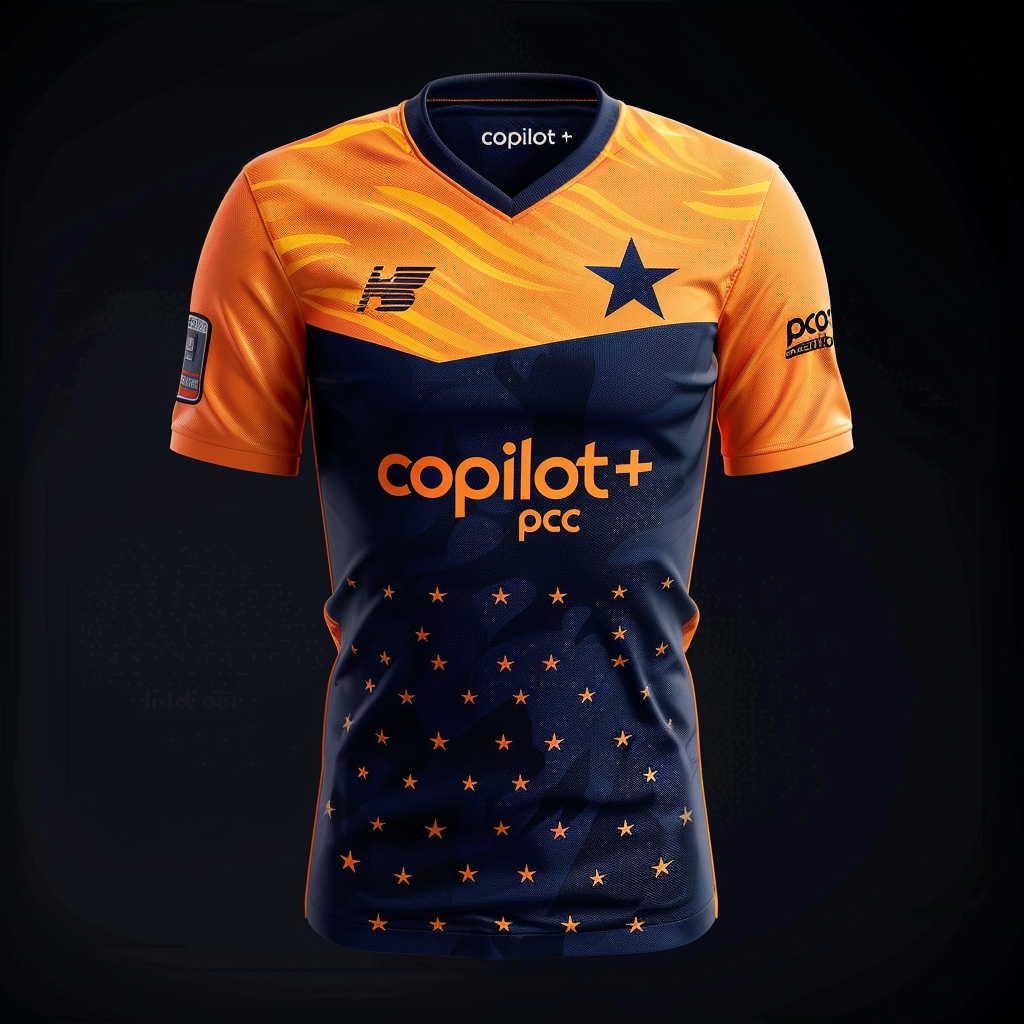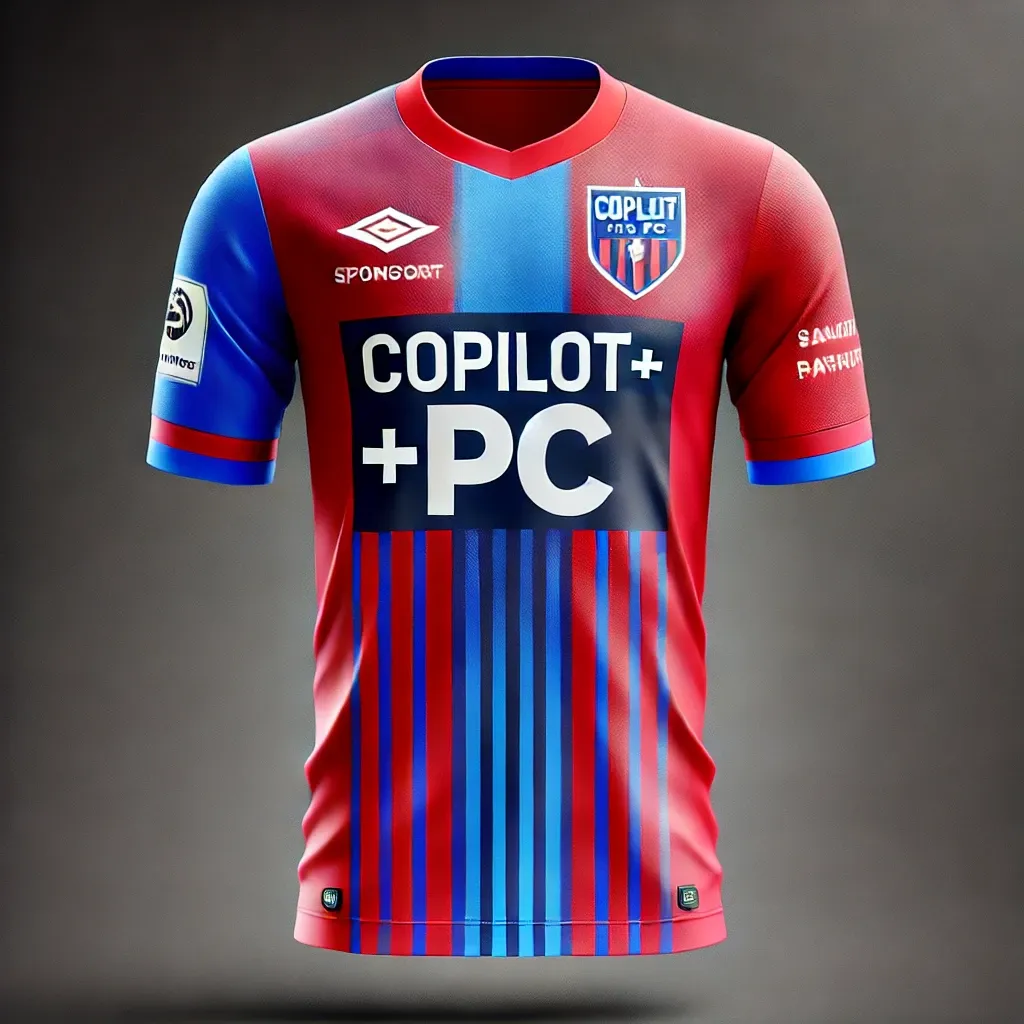About That AI PC "Supercycle"

While the reviews have been mixed at best, how are sales shaping up for the new class of "AI PCs"? Not great, Microsoft Bob,1 if IDC's estimates are to believed, per a Bloomberg story from Brody Ford, Ian King, and Evan Gorelick:
But only 3% of PCs shipped this year will meet Microsoft’s processing power threshold to be considered an AI PC, according to industry research firm IDC. To persuade consumers and corporations that it’s time to buy, the industry will need to offer a wider variety of the PCs and deliver software that takes advantage of the new hardware.
So far, analysts and reviewers also are taking a skeptical tone toward the new laptops’ artificial intelligence abilities. Usefulness is limited because few software makers beyond Microsoft are building features to utilize the new chips in the machines optimized for AI tasks, said Eric Compton, a financial analyst focused on the PC industry at Morningstar.
This was always going to be an issue with Microsoft's approach. And it stems from the issues they've had for decades with the Windows ecosystem. Because Microsoft so heavily relies on partners, it's a constant herding of cats to get them on board. Apple has such issues too with partners – see: Vision Pro, or rather what you can't see on it – but because their overall approach is to own and create more of the whole stack, they have a much easier path in the early days when launching new initiatives on established platforms (i.e. the Mac and iPhone vs. Vision Pro).
Application makers like Adobe, Salesforce, and SentinelOne rebuffed one of the largest PC makers when it asked them to tweak software so AI tools could be used directly on the new computers in time for the launch, according to a person familiar with the discussions. All of those companies deliver AI features through the cloud.
SentinelOne is looking at optimizing its products for AI PCs in future development, but it will likely take years for these devices to reach a “sufficient proportion of deployed machines,” Gregor Stewart, the company’s vice president of AI, said in a statement. Clara Shih, who leads Salesforce’s AI efforts, said the company is developing on-device language models, the technology that underpins many types of generative AI, but didn’t provide any expected timeline for release.
That seems like a pragmatic approach. Even at massive companies, developers are a limited resource. Time and focus are paramount. Do you want to put everyone on features for AI PCs that will have that 3% market share in the short term per the IDC estimates? Or do work that focuses on the other 97% while you wait-and-see how this all shakes out?
For now, available AI features are largely gimmicks, said a Best Buy Co. employee shortly after launch in June, who asked not to be identified for fear of professional repercussions. Machines known as “Copilot+ PCs” are limited to features like a tool that makes it appear you are looking at the camera during a video meeting when in reality your eyes are focused elsewhere. Generative AI models can be used to produce images on the device, but still require internet connection for content moderation. A flagship Microsoft feature that would let a user easily find past activity on their computer, called Recall, was delayed due to privacy concerns.
A Microsoft spokesperson said developers have “shown great enthusiasm” in building apps to use the new hardware and user feedback for the new devices has been “terrific.”
I honestly don't know what's better, quoting a random Best Buy employee – and doing so anonymously, no less – or Microsoft's response. "Dude, the new AI PCs are terrible." "I believe he said 'terrific'."
Even if features are currently limited, AI PCs have the potential to fuel a wave of new higher-priced purchases. Many consumers, businesses and schools bought laptops in the early months of the pandemic, but haven’t yet upgraded. New AI capabilities will help steer buyers toward higher-end options, Michael Dell, founder and chief executive officer of the namesake company, said in a May interview. “Do you want to buy a PC that is not capable of doing those AI things that you’ll want to do in the future? I don’t think so.”
"Those AI things" sound like great, useful features. That really frames this all perfectly. Again, Apple did this right by using AI to augment their existing software to make tangible features customers can understand and use. Labeling an entire category as "AI PCs" or worse, "Copilot+ PCs" sets the stage for some sort of grandiose movement that is years away at best, and may never fully come.
There are early signs of traction. A fifth of computers sold during launch week were AI PCs, according to data provided by market researcher Circana. Tech-savvy consumers like content creators have been quicker to adopt the new machines, while the general public is likely still a bit “confused,” said Mike Crosby, executive director at Circana.
The other major selling point is better battery life than other laptops that use Microsoft’s Windows operating systems. Qualcomm claims its more-efficient chips based on Arm Holdings Plc designs can mean days of use without charging. Avi Greengart, an industry analyst at Techsponential who helped host a Qualcomm promotional event, said in an interview that battery life rather than AI is the main selling point of the laptops at this point.
Early adopters are going to early adopt. Though I do have to wonder how much of the early sales were people simply excited by the prospect of PC laptops that don't fry your legs and can last for longer than a few hours on a charge. That is, this could very well be more about the move away from Intel/x86 and to a finally reasonable version of Windows for ARM, versus any of the AI stuff. In fact, given the current state of "those AI things", I'm guessing it's almost entirely the latter.
Qualcomm acknowledges it has to step up efforts to promote its brand and help PC makers with advertising. That’s necessary because the industry has relied on Intel for promotional dollars for decades under arguably the most successful component campaign ever: “Intel Inside.” Consumers in particular have been trained to see that label on their computers as a sign of quality. And Intel has even managed to bring sub brands to the forefront. Its Centrino push in 2003 led to an explosion in notebook use with the inclusion of Wi-Fi connections.
Serious question: is "Intel Inside" still seen as a mark of quality?2 Or are those shitty little stickers on new PCs just a quick buck that OEMs aren't willing to give up? But it sounds like Qualcomm has to play that game as well. You have to play the game on the field. Including on the field, literally:
Qualcomm, which has tried and failed previously to grab a piece of the PC market, is spending more than $75 million per year to print the name of its Snapdragon processor on the jerseys of Manchester United Football Club players. It has also upped its payments to partners like PC makers to help support marketing, said Chief Marketing Officer Don McGuire.
At least "Snapdragon" is a half-decent name. Can you imagine a kit fitted with "Copilot+ PCs"? I'm certain Microsoft could!


A couple other AI kits for your viewing (dis)pleasure...


1 Yes, I recycled my joke from the other day. Yes, it's a deep cut. Yes, I actually had Microsoft Bob.
2 Perhaps they should put "NVIDIA Inside" on there -- of course, at least the first batch of Copilot+ PCs don't feature NVIDIA chips...

